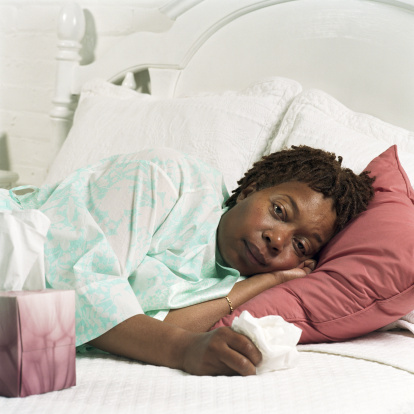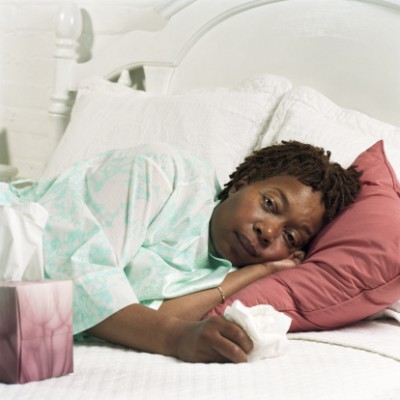
“Studies have found that the cold virus is able to survive for several hours on people’s hands while the flu virus can remain infectious on household surfaces for up to 48 hours,” says Dr Kgosi Letlape, a member of the Global Hygiene Council and Dettol goodwill ambassador. Dr Kgosi explains that certain germs can also be transmitted by physical contact. He therefore encourages you to remember to wash your hands after coughing or sneezing and avoid touching your eyes, mouth or nose as this can also result in the spread of infection.

Here are some tips he gives:
- Wash your hands with soap on a regular basis or use a hand sanitiser if you don’t have access to a sink, to prevent the spread of infections.
- Regularly clean and disinfect commonly touched surfaces at home and work with anti-germ products to prevent contamination of your hands.
- Get vaccinated against the flu.
- Cover your mouth or nose with a tissue when coughing or sneezing.
- Throw away tissue paper used when coughing or sneezing.
- Sneeze or cough into your elbow or your upper sleeve – not your hands – if you don’t have tissue paper.
- Doctors recommend drinking between five to eight glasses of water a day. Failure to do so will result in dehydration, which makes your mucus drier and thicker and less able to cope against invading bacteria and viruses.
- Maintain your general well-being by eating healthy food such as fruits and vegetables.
- Get plenty of sleep.
- Exercise and manage your stress levels as these can affect your immune system.




